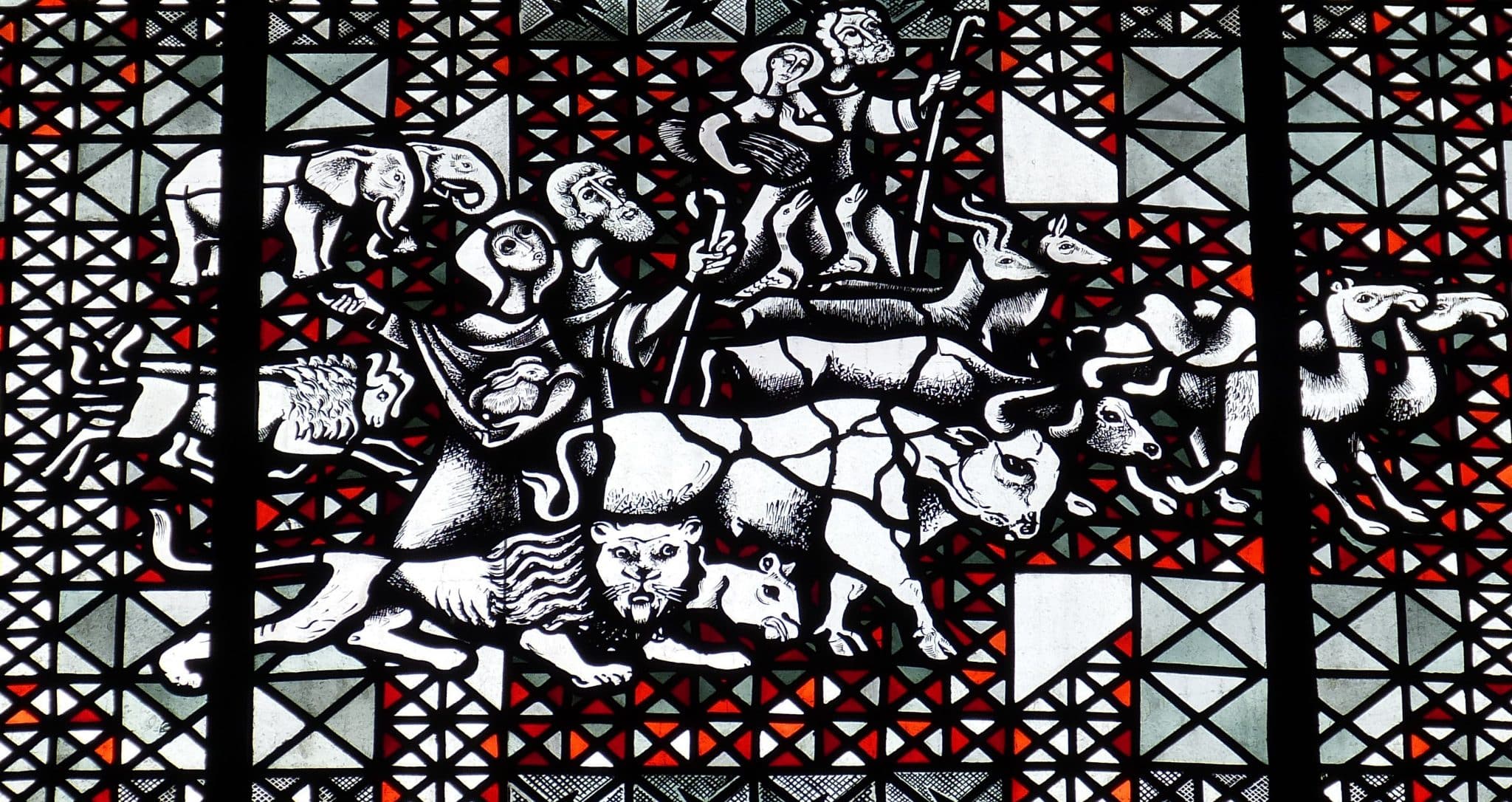We read of the dangers of alcohol in Pro. 23-29-35,
Who hath woe? who hath sorrow? who hath contentions? who hath babbling? who hath wounds without cause? who hath redness of eyes? They that tarry long at the wine; they that go to seek mixed wine. Look not thou upon the wine when it is red, when it giveth his colour in the cup, when it moveth itself aright. At the last it biteth like a serpent, and stingeth like an adder. Thine eyes shall behold strange women, and thine heart shall utter perverse things. Yea, thou shalt be as he that lieth down in the midst of the sea, or as he that lieth upon the top of a mast. They have stricken me, shalt thou say, and I was not sick; they have beaten me, and I felt it not: when shall I awake? I will seek it yet again.
In this passage we see that fermented beverages cause a host of problems. It results in sorrow, contentions, wounds, and is addictive (“I will seek it yet again”). Of interest, it also reduces ones inhibitions (“thine eyes shall behold strange women”). Noah, the man who “found grace in the sight of the Lord” and was described as “just … perfect” and one who “walked with God” (Gen. 6:8), plants a vineyard, drinks some wine from his crops, gets drunk and “was uncovered within his tent” (Gen. 9:20-21). Don Fleming notes “On one occasion Noah brought shame upon himself through becoming drunk.” Some have noticed how out of character this seems for Noah, and explained (in great detail) of a vapor canopy which limited the ultraviolet rays from causing the fermentation process to proceed as rapidly as perhaps it did after the flood. David Sorenson attempts to justify Noah’s drunkenness by explaining,
It may be prior to the flood, conditions were such that alcohol as we know it today did not exist or at least to the degree it does now. It certainly seems out of character for a godly, righteous man of faith and obedience as Noah to knowingly and willfully become drunk. It may be, Noah was not aware of the properties of alcohol and fermented wine. In any event, he became drunk. In his drunkenness, he lie uncovered, exposed in his tent. The first clear indication of the perversity of alcohol is recorded. There is obvious immodesty, shame, and debauchery implied. As is so often the case, sin in general and often sexual sin is associated with the consumption of alcoholic beverages.
Nonetheless, Noah gets drunk and the consequences are far reaching!
The seriousness of Ham’s sin is not to be trivialized. Arno Gaebelein points out that “Ham’s deed revealed the unbelieving condition of his heart, while Shem’s and Japheth’s action manifest divine grace in covering up the nakedness.” John Phillips suggests, “It may be that Canaan, in some way not recorded, was a partaker in his father’s evil delight in Noah’s shame.”
David Sorenson notes,
What likely is implied is that a clear connection to the coming wickedness of Canaan is being established. What is implied is that the apparent sin of his father Ham was passed on to his son. The word translated as saw (har ra-ah) can also be translated as ‘looked.’ What is implied is that Ham not only saw his father’s (exposure), but he looked thereon. There very well may be the hint of homosexual lust. In any event, he took advantage of his father’s immodesty to get a perverse eye full.
Philip Eveson explains the gravity of Ham’s sin saying,
Ham showed disrespect by looking at his father’s shame and then by making it known to his brothers. Instead of quickly covering up his father’s shame, he feasted his eyes upon it and gossiped about it to his brothers. Ham’s action only added to his parent’s disgrace. However old we are, the rule remains: “Honour your father and mother.” It also means that when our parents become old and senile we shall continue to be careful to treat them with respect and not joke about them to others.
Sorenson adds,
It should be noted the curse was upon Canaan. It is possible, Canaan was already born and in some way participated in whatever had happened. It may also be that Canaan was the actual perpetrator and he is referred to seminally as Ham.
Even after a careful study of this passage of Scripture, many questions remain. It is imperative to note that our sins affect others – often many others. We must also recognize the dangers of alcohol. The principle of sowing and reaping is also seen here.
Many have identified the “curse of Canaan” as referring to black people. Warren Wiersbe states, “The descendants of Ham were not members of a black race but were Caucasian, so there’s no basis in this so-called ‘curse of Canaan’ for the institution of slavery.” J. Vernon McGee seconds that, affirming,
A question that keeps arising is this: Is the curse of Ham upon the dark races? It certainly is not. To think otherwise is absolutely absurd. The Scripture does not teach it. The coloration of the skin, the pigment that is in the epidermis of the human family, is there because of sunlight from the outside not because of sin from within.
Sorenson adds,
It is further noteworthy that the curse was upon Canaan and his descendants—the Canaanites. Some have wrongfully assumed the curse was upon Ham and his descendants—the black race. However, the curse was specifically against Canaan and his descendants. The Canaanites would later prove to be a wicked, immoral people.
Everywhere I have lived, I have seen prejudice. In certain areas, whites looked down on blacks. Stereotypically this is thought to be a “southern” issue in the United States, though it may be more honestly admitted in the south, it is also witnessed in the north. In a previous ministry, we ran a bus picking children up for church services. My children assisted, and being the only white kids were called names and refused a seat. When we were in the Cayman Islands, we witnessed Jamaicans, Filipinos, and ex-pats viewed with suspicion.
“To have respect of persons is not good …” (Pr. 28:21). “But if ye have respect to persons, ye commit sin, and are convinced of the law as transgressors” (James 2:9). If only we could be colorblind. If only we could “love God, and love our neighbor …”
REFERENCES
Eveson, Philip, Welwyn Commentary Series – The book of origins: Genesis simply explained, (Auburn, MA: Evangelical Press, 2001), WORDsearch CROSS e-book.
Fleming, Don, Concise Bible Commentary, (Chattanooga, TN: AMG Publishers, 1994), WORDsearch CROSS e-book.
Gaebelein, Arno, The Annotated Bible – Volume 1: The Pentateuch, (New York: Our Hope, 1913), WORDsearch CROSS e-book.
McGee, J. Vernon, Thru The Bible with J. Vernon McGee, (Nashville, TN: Thomas Nelson, 1983), WORDsearch CROSS e-book.
Phillips, John, The John Phillips Commentary Series – Exploring Genesis: An Expository Commentary, (Chicago, IL: Moody Press, 1980; repr., Grand Rapids, MI: Kregel Publications, 2001), WORDsearch CROSS e-book.
Sorenson, David, Understanding the Bible: An Independent Baptist Commentary – Genesis through Deuteronomy, (Duluth, MN: Northstar Ministries, 2007)
Wiersbe, Warren, The Bible Exposition Commentary – Pentateuch, (Colorado Springs, CO: Victor, 2001), WORDsearch CROSS e-book.




